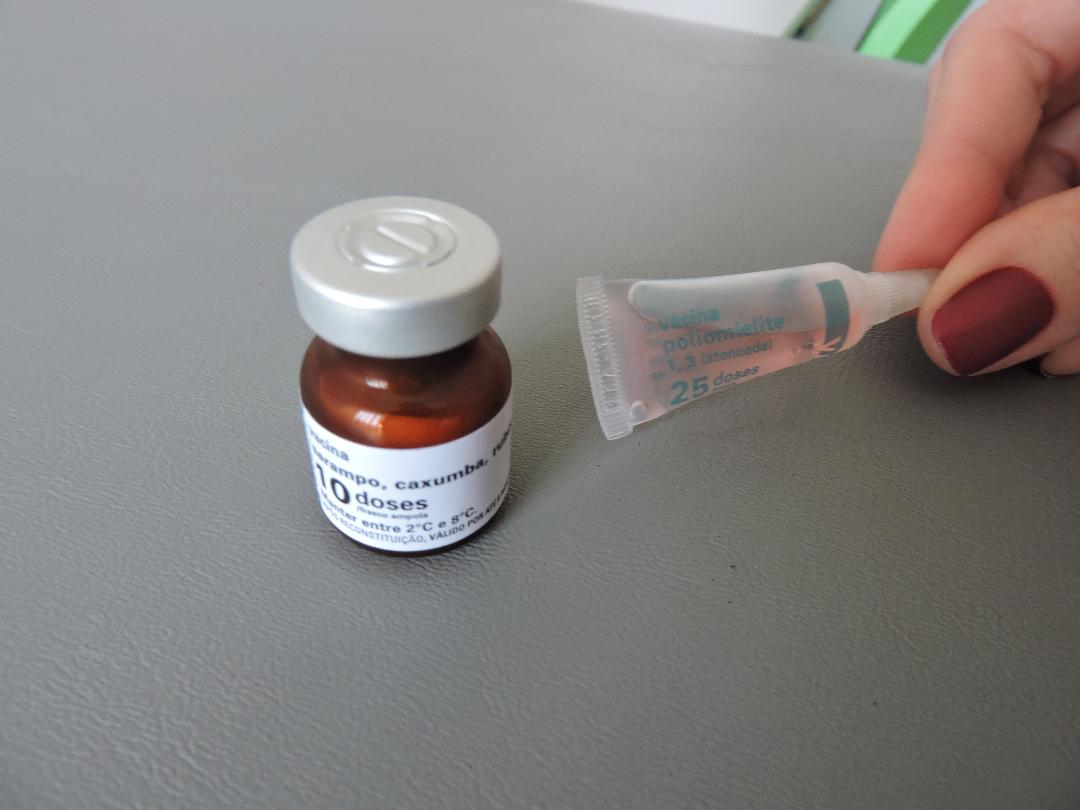
Information regarding safety and efficacy in pregnancy and lactation is lacking. Ibogaine should only be used under the supervision of an experienced health care provider.

Contraindicationsįatalities have been associated with the use of ibogaine concomitant opioid use and comorbidities (eg, cardiovascular disease, depression, posttraumatic stress disorder, anxiety, stress, schizophrenia, epilepsy, or other imbalances in the autonomic nervous system) increase the risk of life-threatening complications including sudden cardiac death. Some literature suggests that based on limited animal data, and applying appropriate safety factors, a maximum initial oral dosage limit of less than 1 mg/kg for the treatment of drug dependence should be adhered to. In patients with drug dependence in a Brazilian drug dependency clinic, an average single dose of 17 mg/kg in combination with psychotherapy was used under close medical supervision. Single oral doses of ibogaine ranging from 500 to 1,000 mg have been used in clinical trials for the treatment of opioid addiction. Strict medical supervision is necessary with use. The US Drug Enforcement Agency (DEA) has designated ibogaine a Schedule I substance under the Controlled Substances Act (CSA). Studies suggest that ibogaine, one of the iboga alkaloids, has potential application in the treatment of addiction to several substances.

Scientific Name(s): Tabernanthe iboga Baill.Ĭommon Name(s): Bitter grass, Iboga, Ibogaine, Leaf of God, Thie-pelakano


 0 kommentar(er)
0 kommentar(er)
